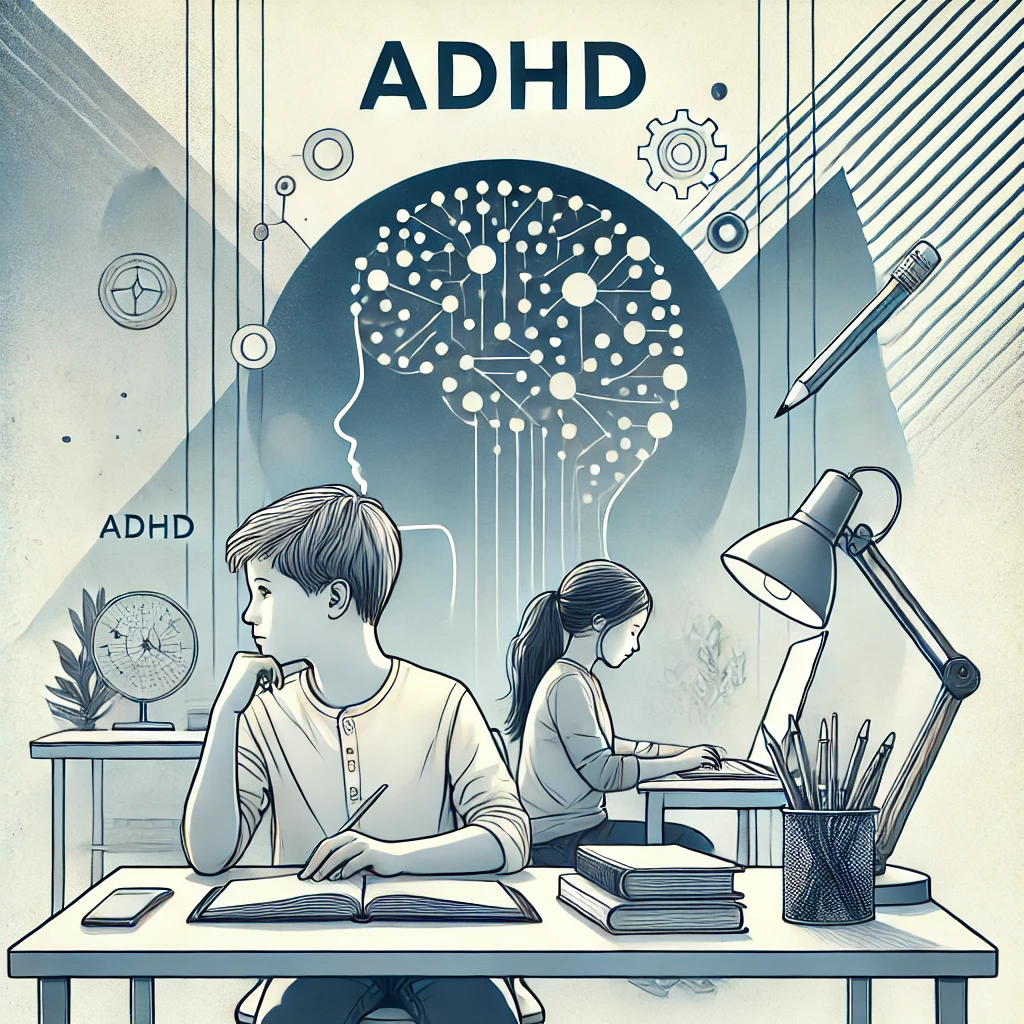
Did you ever learn about why we sleep, what happens when we sleep or the major physiological, psychological, emotional and social consequences if we are chronically underslept (and, as a species, we are)? Do you know how much sleep you should be getting to prevent a fatal car accident or the early onset of multiple diseases? Do you know what you should do in your daily life to make sure you get a good quality and quantity of sleep? Do you know why some of the greatest inventions in human history have been created during REM sleep? Do you know that some of the greatest travesties in human history have been caused by lack of sleep?
We read and know so much about diet and exercise, but so little about sleep!
Unfortunately, we humans are resistant to change. We’re slow to believe facts that do not easily slot into our habitual lifestyle patterns and belief systems. But, every now and then, a book comes along that has the potential to shift societal thinking and begin a wave of change in entrenched global behaviour.
Mathew Walker’s Why We Sleep: The New Science of Sleep and Dreams is a book that has the potential to improve, and even save, millions of lives. MediComm believes every healthcare practitioner and policy maker should read this masterpiece. Parents, educationalists and everyone else should delve into this treasure trove. It should be converted into a compulsory section of natural sciences taught at school.
Walker’s masterpiece convincingly shows (through solid, validated, high-level evidence) that getting a sufficient quantity and quality of sleep trumps both diet and exercise in their ability to keep us healthy, happy, socially connected and alive. In fact, science categorically proves that chronic lack of sleep is ultimately fatal: epidemiological evidence suggests that anyone sleeping an average of 6.75 hours a night will not live beyond their early sixties.
Walker is currently a professor of Neuroscience and Psychology and the Director of the Sleep and Neuroimaging Laboratory at the University of California, Berkeley. He’s published over 100 scientific papers during the past 20 years and this, his debut book, is packed with solid scientific evidence, yet it’s written with gentle humour, humility and grace that speak loudly and clearly to the reader. It’s not designed to scare (although it does), but to help us fall in love with sleep, the way he has. Reviewers have used words like wondrous and uplifting to describe it.
Startling, sobering, vital, a life raft … A neuroscientist shows how a good night’s shut-eye can make us cleverer, more attractive, slimmer, happier, healthier and ward off cancer … filled with startling information … It’s probably a little too soon to tell you that Why We Sleep saved my life, but I can tell you that it’s been an eye-opener.
Mark O’Connell, The Guardian
MediComm’s vision is to share high-quality, important medical information with those who can benefit from it, but don’t have the time or opportunity to read all the important literature out there for themselves. That’s why MediComm will be bringing you bite-sized pieces of Walker’s great wisdom over the weeks ahead. Look out for:
- Why we need to sleep
- Sleep your way to a healthy and happy heart
- Sleep: An underrated weapon in preventing and treating cancer
- Sleep: Are we getting enough? (including tips for a healthy night’s sleep)
- Sleep and adolescents: Defending their sleep
- Sleep: A critical performance enhancing agent
- Sleep an education: Some eye-openers






0 Comments